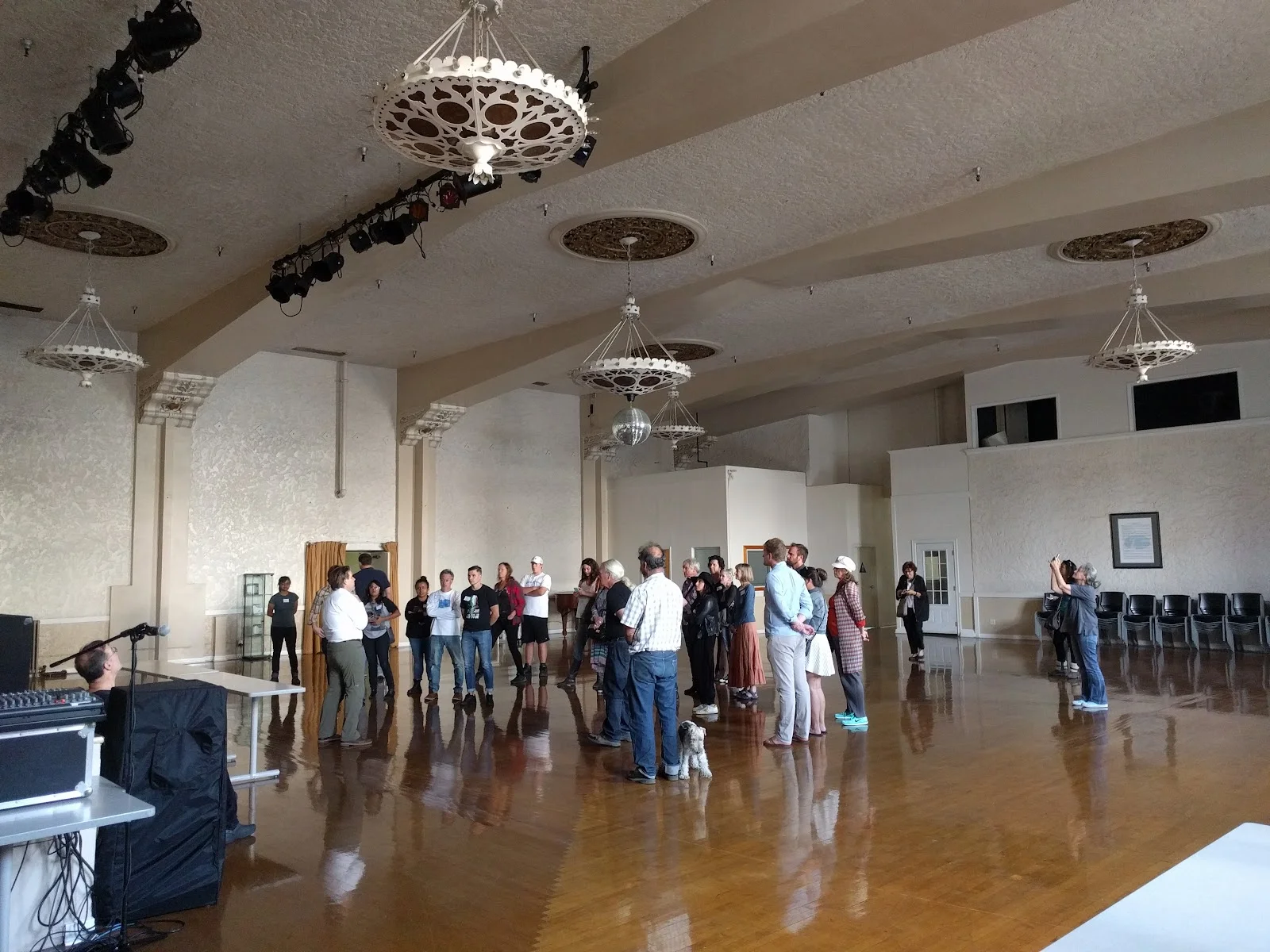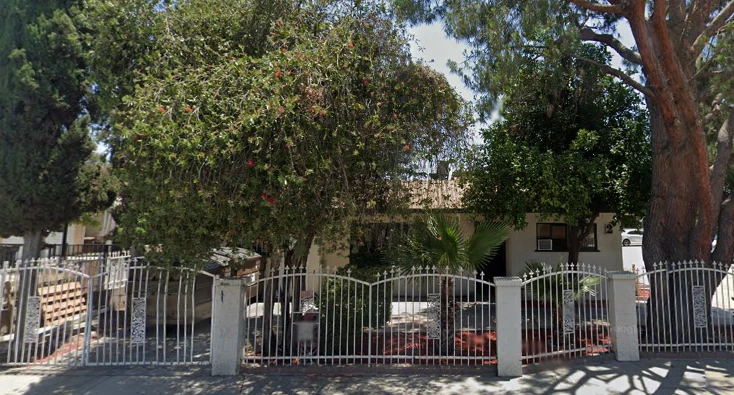Stepping Stones Home Information
Treatment
Who We Treat
- Young Adults (18–25)
- Adults
- Seniors/Older Adults
- Older Adults
- Male and Female
- LGBTQ+
Approaches
- 12-Step-Based
- Twelve Step
- Group Therapy
- Cognitive Behavioral Therapy (CBT)
- 1-on-1 Counseling
- Medication-Assisted Treatment (MAT)
- Online Therapy
- Life Skills Training
- Relapse Prevention Counseling
Conditions We Treat
- Perinatal Mental Health
- Anger
- Co-Occurring Disorders
Substances We Treat
- Alcohol
- Benzodiazepines
- Chronic Relapse
- Opioids
- Cocaine
- Methamphetamine
Languages
- English
Aftercare
- Recovery Coach
- Continuing Care
- Support Meetings
Level of Care
- Residential Rehab
- Co-Occurring Mental Health
- Aftercare/Continuing Care
Experience
Smoking and Vaping Policy
- Smoking Allowed in Designated Areas
- Vaping Not Allowed
Accreditations
-
Commission on Accreditation of Rehabilitation Facilities (CARF)
CARF accreditation is a prestigious recognition granted to rehabilitation and human service organizations. It signifies that an organization meets high-quality standards, having undergone a rigorous evaluation process. CARF accreditation boosts an organization's credibility and ensures top-notch care for individuals with disabilities, injuries, or healthcare needs.

Additional Locations
Find the best treatment options. Call our free and confidential helpline today!




